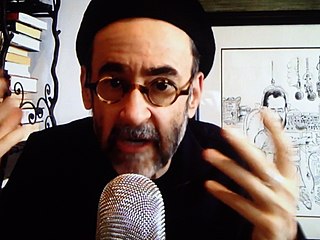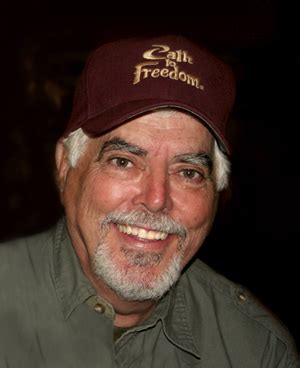A Quote by Herbert M. Shelton
Food-addiction, or food-drunkenness, is an old story in Hygienic literature. This is the first mention I have seen of it in "regular" medical literature. I fear to hope that its recognition spells progress.
Related Quotes
I see no reason in morality, why literature should not have as one of its intentions the arousing of thoughts of lust. It is one of the effects, perhaps one of the functions of literature to arouse desire, and I can discover no grounds for saying that sexual pleasure should not be among the objects of desire which literature presents to us, along with heroism, virtue, peace, death, food, wisdom, God, etc.



































